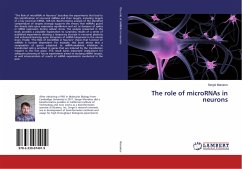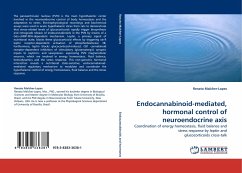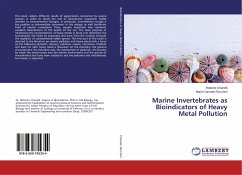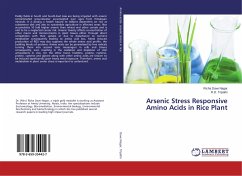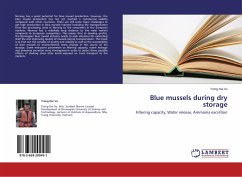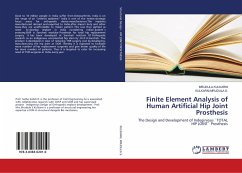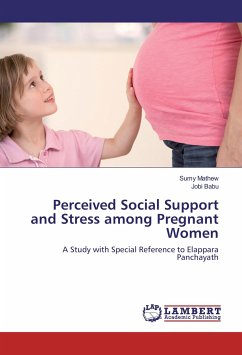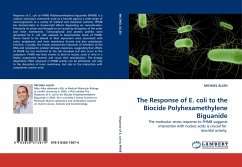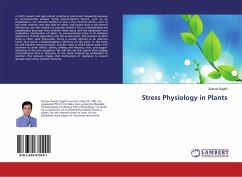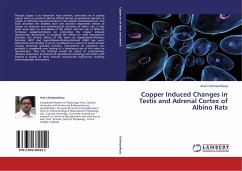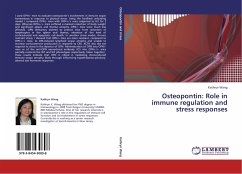
Osteopontin: Role in immune regulation and stress responses
Versandkostenfrei!
Versandfertig in 6-10 Tagen
39,99 €
inkl. MwSt.

PAYBACK Punkte
20 °P sammeln!
I used OPN-/- mice to evaluate osteopontin s involvement in immune organ homeostasis in response to physical stress. Using the hindlimb unloading model, I compared OPN-/- mice with OPN+/+ mice subjected to HU for 3 days. Whereas OPN+/+ mice suffered a marked reduction of body weight and significant spleen and thymus atrophy, OPN-/- mice were much less affected. OPN deficiency seemed to protect mice from reduction of lymphocytes in the spleen and thymus, elevation of the level of corticosteroid and apoptotic cell death. In another stress model, chronic restraint stress, I showed that OPN-/- mic...
I used OPN-/- mice to evaluate osteopontin s involvement in immune organ homeostasis in response to physical stress. Using the hindlimb unloading model, I compared OPN-/- mice with OPN+/+ mice subjected to HU for 3 days. Whereas OPN+/+ mice suffered a marked reduction of body weight and significant spleen and thymus atrophy, OPN-/- mice were much less affected. OPN deficiency seemed to protect mice from reduction of lymphocytes in the spleen and thymus, elevation of the level of corticosteroid and apoptotic cell death. In another stress model, chronic restraint stress, I showed that OPN-/- mice are more resistant, compared to OPN+/+ mice, to CRS-induced lymphoid organ atrophy and unable to increase corticosterone production in response to CRS. ACTH also did not respond to stress in the absence of OPN. Administration of OPN into OPN-/- mice or of the anti-OPN monoclonal antibody 2C5 into OPN+/+ mice partially restored the WT and KO phenotypes respectively. Taken together, these results indicate that OPN is critical in mediating stress-induced immune organ atrophy, likely through influencing hypothalamus-pituitary-adrenal axis hormone responses.



